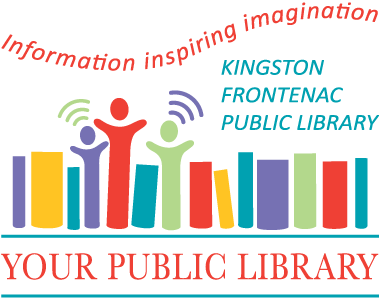
Climate change, a long-term shift in weather conditions and variability, has significantly increased due to human influences since the Industrial Revolution. There are many efforts we can take, including picking up a book and learning more about climate change and how we can better care for our home.
Climate Action by Seymour Simon
Written for kids ages six and up, this book introduces the young activists who are active in climate change. It also describes what climate change is doing to the world and how actions and behaviours have led us here. Including stories written by kids from around the world describing how they are dealing with extreme storms, wildfires and sea level rise, the book aims to give young people examples of how to protect their communities and work towards solutions.
How to be a Climate Optimist by Chris Turner
Moving past despair and futile anger of a world on fire, this book takes an optimistic view of the global effort already beginning to save a planet in peril, and describes the passion of many people involved in building a quality of life that will, the author hopes, will surpass the twentieth century in every way.
How the World Really Works by Vaclav Smile
We have never had so much information at our fingertips, and yet most of us don't know how the world really works. Covering topics including energy and food production, materialism, globalization, the environment, and our future, Smil gives us the facts so we can understand the problem, and reveals some hidden truths that will change the way we see our past, present and uncertain future.
Generation Dread by Britt Wray
As the temperature rises, so are climate and environment-related fears and anxieties. Using science and emotion, Wray suggests that these intense feelings are a critical first step towards for us to become engaged stewards of the planet Eco-anxiety will lead humanity to reverse deeply ingrained, widespread reactions of climate denial and disavowal to actions to save the planet.
How to Prepare for Climate Change by David Pogue
In Arizona, labourers now start their day at 3 a.m. because it's too hot to work past noon. Chinese investors are snapping up real estate in Canada. Millennials have evacuation plans. Moguls are building bunkers. Retirees in Miami are moving inland. This book is full of tips for dealing with the upheaval ahead: everything from what to grow, what to eat, how to build, to where to invest, as well as action plans for riding out every climate catastrophe, from superstorms and wildfires to ticks and epidemics.
The New Climate War by Michael E. Mann
In The New Climate War, Mann argues that all is not lost. Instead, he points to fossil fuel companies, right-wing plutocrats, and petrostates as the problem, and how these immensely powerful vested interests have aligned to protect the fossil fuel status quo. A societal tipping point won’t happen without the active participation of citizens everywhere, so Mann has a plan to force governments and corporations to make real change and to debunk the false narratives in the climate debate. This book hopes to reach, inform, and enable citizens everywhere to join this battle for our planet.
The World As We Knew it by Amy Brady
Nineteen well-known literary writers share their haunting, first-person reflections on how climate change has radically changed their lives in this collection of stories from around the world. As the stories unfold — from Antarctica to Australia, New Hampshire to New York — an intimate portrait of a climate-changed world emerges.
Fire and Flood by Eugene Linden
Eugene Linden presents a four-decade review of how we have arrived at this current state and argues that the same forces that have confused the public's mind and slowed the policy response are poised to pivot with astonishing speed, as long-term risks have become present-day realities. Now, as the seasons of fire and flood increase, the insurance industry (among others) is "climate redlining." In terms of economic downturns, there is a path out, but he urges that we must pick up the pace. Fire and Flood shows us why, and how.
Climate Change as Class War by Matthew T. Huber
The climate crisis is a class problem, rooted in who owns, controls and profits from material production. Author Matthew Huber believes that we will require international planetary working class solidarity to make the change, because the problem will not be solved by the professional capitalist class. He advocates building union power into the energy system, as in classical socialist movements in the early twentieth century, and believes that it is the working class who will build a movement to confront the carbon-intensive capitalist class to produce climate change.














